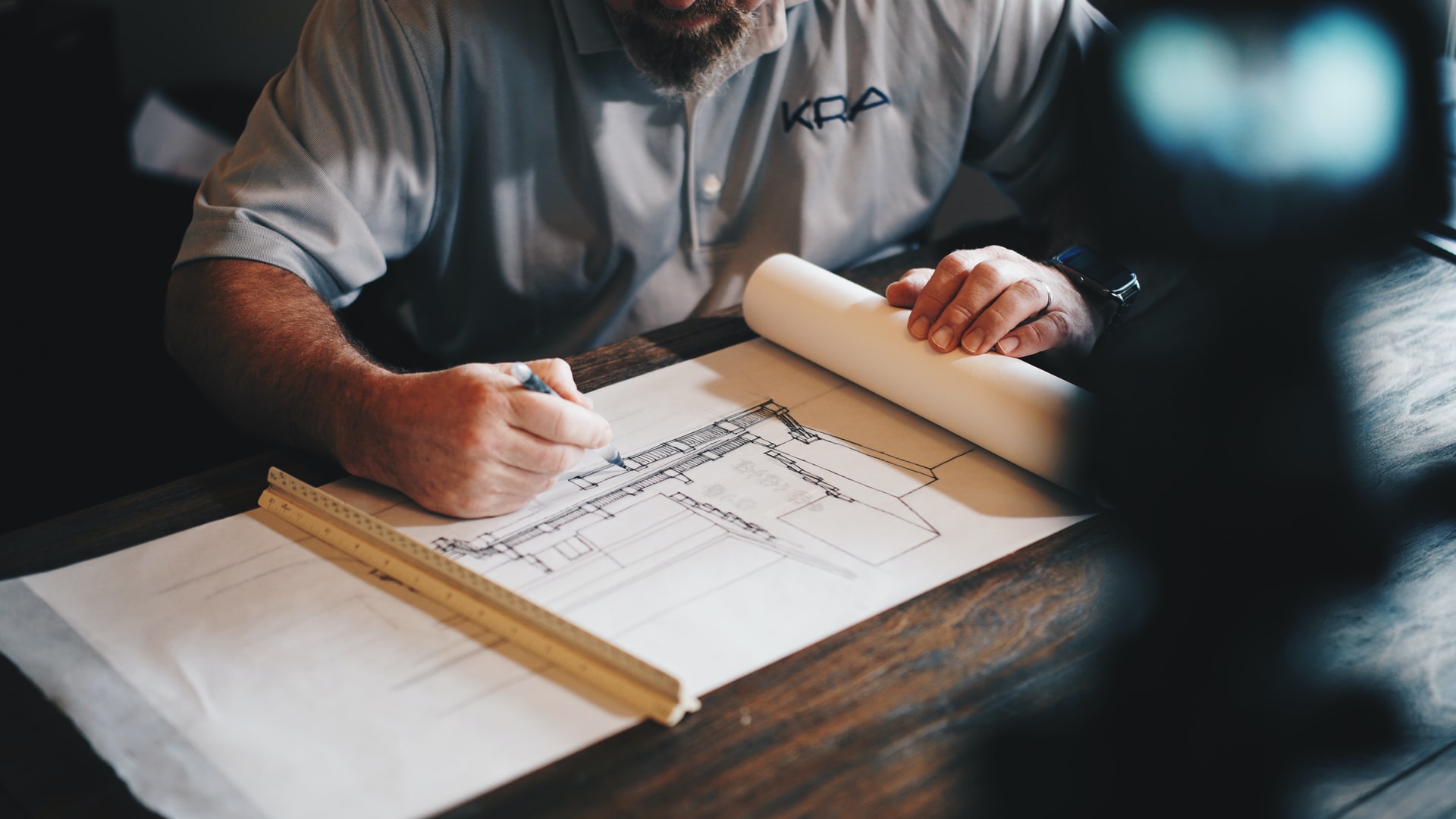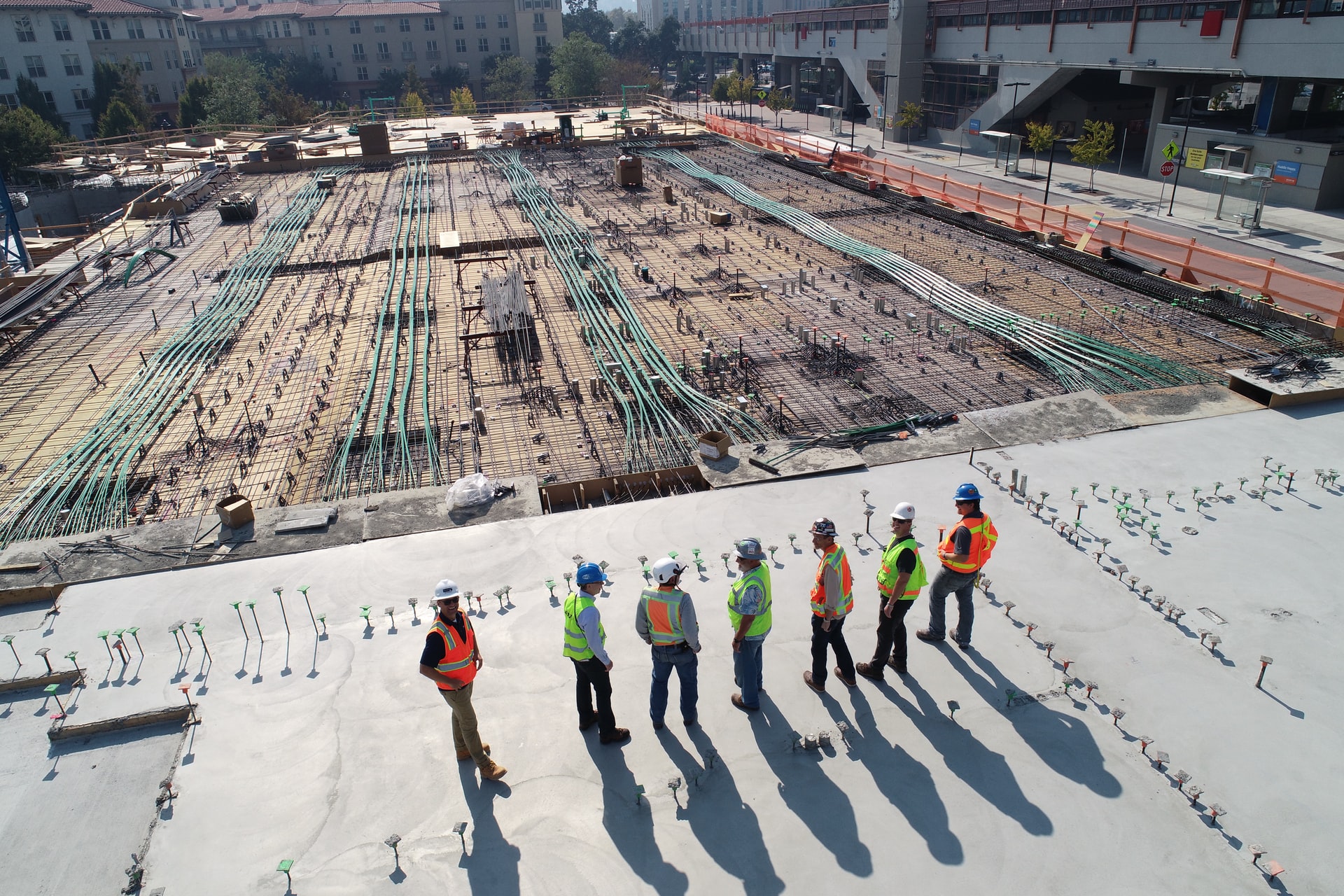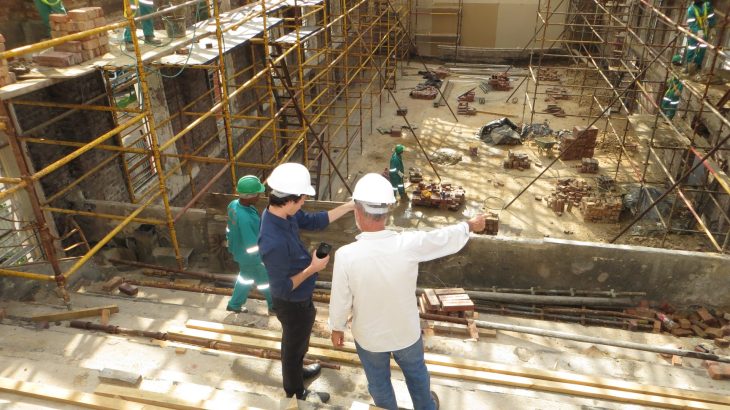The ability to undertake in the field of building and public works is not an achievement sanctioned by the theoretical diploma of higher technician or engineer. This profession requires prior knowledge of the environment in question. Before any decision is taken, it is necessary to know the requirements, the assets, and the risks related to it.
1. The required profile

To be a building contractor, one must know every calculation note and the theoretical bases of the construction of buildings and public works. This imperative requires a higher technician diploma at least.
A methodical character must complement this technical competence in order to win contracts offered by the administration, companies, or non-governmental organizations (NGOs). In practice, a certain rigor is required to successfully manage human resources or meet the qualitative and temporal challenges required by each client.
Furthermore, an excellent contractor in construction must have impeccable interpersonal skills. Indeed, this relational openness plays in favor of the acquisition of construction contracts on behalf of individuals.
2. The economic asset
It is necessary to recognize that the financial advantages acquired by a building contractor are equal to the requirements of the trade. The main economic benefit is that it is a field that is not unemployed. Indeed, in the absence of large markets, construction, development, and renovation are part of the daily life of our time. Therefore, this profession contributes to the reduction of unemployment because of the need to recruit specialized workers. From this point of view, it is a rewarding job.
3. The ecological commitment

The environmental destruction caused by earthworks the use and production of non-biodegradable materials are examples of works that directly or indirectly destroy the ecology. Given the environmental challenge of our time, joining the world of construction implies a significant ecological commitment.
This responsibility requires the sorting of earthwork waste, rubble, and construction site detritus in order to integrate them into a recycling chain. This is also reflected in the choice of more ecological construction materials or the use of non-energy consuming techniques such as internal insulation of crawl spaces or external thermal insulation.
4. The technological challenge
In order to respond favorably to the qualitative and temporal requirements of his customers, a good building contractor must be up to date with the technological requirements of the moment. This technological interest is concretized by the renovation of its material means and the training on the handling of the new equipment.
The reason is that the acquisition and rental of efficient materials positively impact the quality and execution time of the works. In spite of this fact, a responsible contractor must always balance the balance of work and avoid total mechanization of the work. Indeed, the human means remains the best asset of the construction.
5. The risks of the trade

Like all sectors of activity, the field of building and public works construction faces economic and health crises. The most relevant one is the one generated by the sanitary emergency due to the spread of Covid 19.
The ultimate risk is related to the cessation of activity required by the containment. Because the permitted activities are limited, the problem is widespread. As a result, clients are unable to pay construction companies.
As a result, construction companies are facing default in reimbursement from suppliers. Despite the efforts of the administration to solve the problem, construction companies are unable to regularize their situation.
Construction is hard, and we need to learn more about it to stay in the loop, especially if you are building your home. Sound off in the comments section below and tell us what you want to read next and if you want to read more about construction and buildings.



















